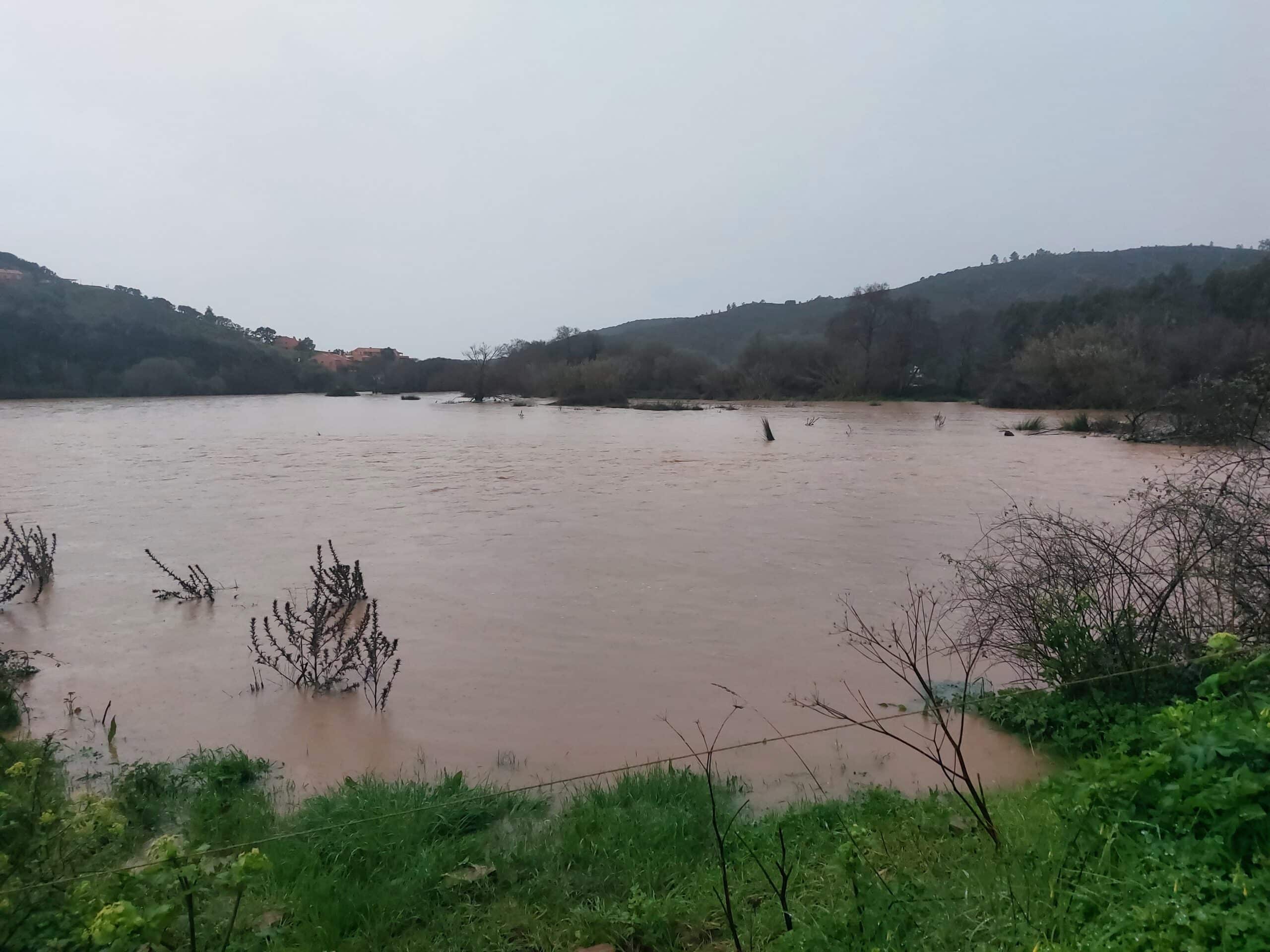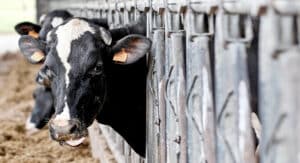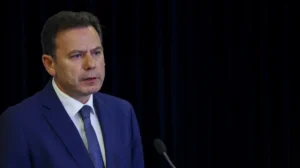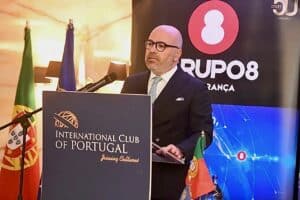‘Água que Une’ envisages territorial cohesion and spirit of solidarity
With the spectre of a snap election still hanging over the country, Luís Montenegro’s AD government is giving the impression of ‘business as usual’, presenting an ambitious €5 billion strategy for the national management of water in Coimbra yesterday, which involves the construction of no less than 14 dams.
The dams are described by news reports as planned for Fagilde (in the north, near Mangualde), Alvito/Ocreza (in the centre, in the district of Castelo Branco), São Brás de Alportel (Algarve), Terges e Cobres (Alentejo), Carreiras (Portalegre district), Foupana (Algarve), Girabolhos (central region, Seia municipality), Laça (location unclear), Fargela (Alentejo), Santulhão (Bragança district), Boavista (this may be an error as there is already a dam in Boavista), Cerejal (northeast Portugal), Maceiras (northern Portugal) and Veiga (also in the north).
Many of these projects have been on the drawing board for years, if not decades.
As tabloid reports explain, the investment in actually bringing them finally to fruition rounds out at less than €2 billion.
Other investments planned (€240 million) involve increasing the height and capacity of some of the existing 260 large national dams, namely Vigia, Marechal Carmona, Meimoa, Pedrógão, Pinhão, Vila Chã, Sambade, Valtorno, Lucefécit, Alvito, Lapão and Odelouca (in the Algarve); while the government is proposing spending almost twice that amount (€448 million) on rehabilitating and improving dams in the north.
The plan, to be enacted over the next five years, is also focused on spending €267 million on rehabilitating infrastructures in the Vouga, Mondego and Lis region; €479 million on the Tejo and waterways in the Oeste region; €156 million million on the Alentejo (where the Mira irrigation channel still loses millions of litres of water to the sea on a permanent basis), and €126 million for the Algarve.
Outlining the strategy, the prime minister (who may not be prime minister for very much longer) described what he believes will be “a real transformation for the country”.
He accepted that his government won’t see the whole plan enacted, if any of it. “We have some financing instruments available that we want to take advantage of and we need to look for others to secure the part that is not secured. And then we want to start preparing financing for the following decade – 2030 to 2040 – today, so that the strategy can be continued, as we know that we will not be the ones to implement it. We intend to stay here for a few more years, but in a decade there will be others here,” he stressed.
The PM said he hopes the strategy presented can now be the subject of dialogue with society and other political forces highlighting the objective which does not only point to an increase in installed capacity, but also to better use of water – whether by reducing losses or reusing it.
Mr Montenegro also stressed that water is unevenly available in the country, considering that the strategy, entitled “Água que Une/ Water that Unites” looks towards territorial cohesion and a spirit of solidarity.
On the sidelines of the presentation, which follows the recommendations of a working group set up last year, environment minister Maria da Graça Carvalho stressed that “climate change and aggravated situations of scarcity” demand a more efficient, resilient and intelligent” use of water resources – while the agriculture minister, José Manuel Fernandes, said this new strategy “guarantees the stability of investments already undertaken and (will) attract new investments”.
Markedly absent from the various announcements was any mention of the much-contested plan for a desalination plant on largely private land that will need to be expropriated in Albufeira. The last costings for the infrastructure came to over €108 million, thus is it possible this project has not been written into the national water management strategy, and could be financed from another source.




















